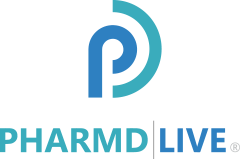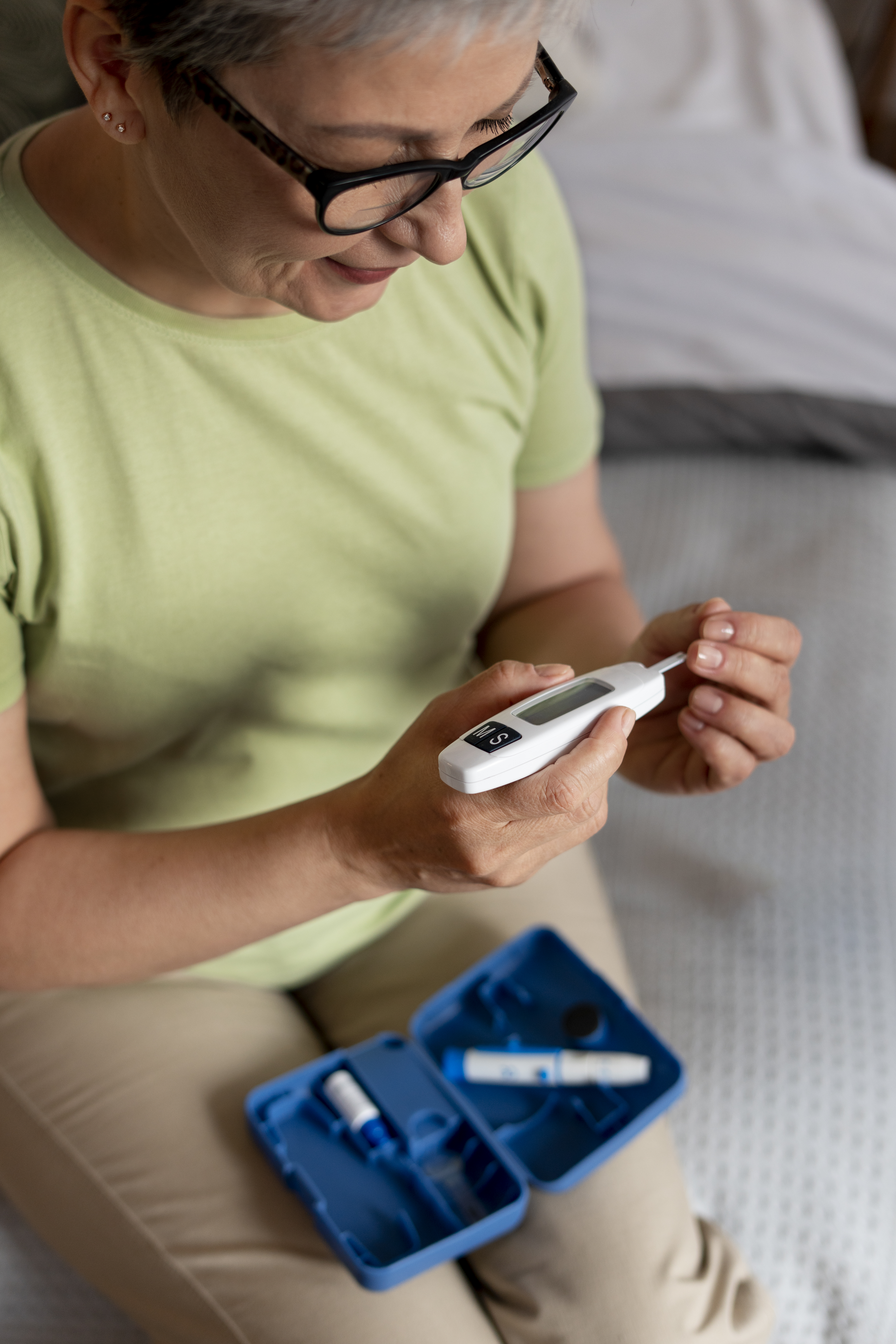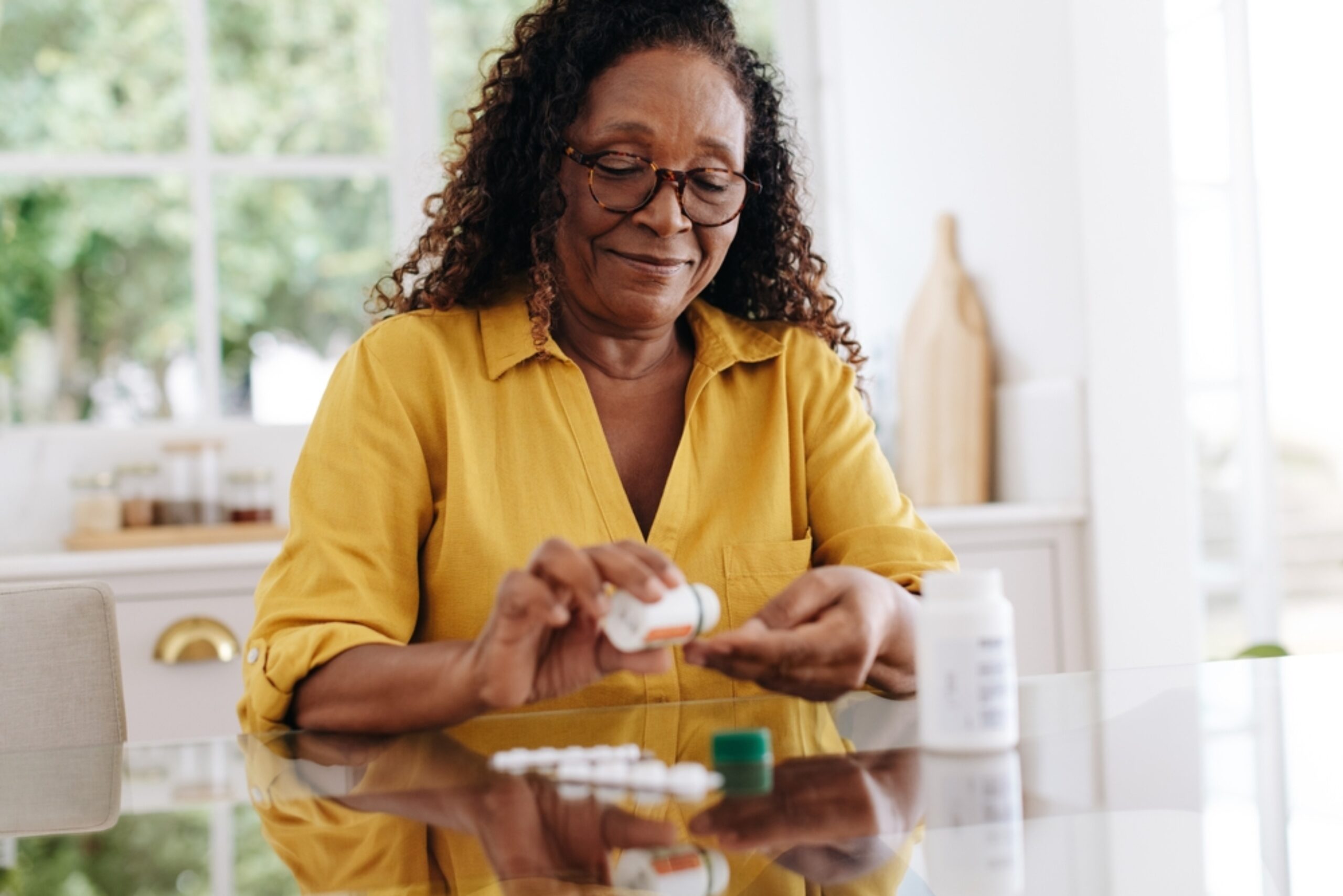Coronavirus disease 2019 (COVID-19) is a respiratory tract infection caused by a novel coronavirus, SARS-CoV-2 (which has never been seen in humans before), a betacoronavirus closely linked to the SARS virus based on its genetic sequencing.
Most patients infected with COVID-19 are asymptomatic or suffer a mild or uncomplicated illness, but approximately 15% of patients develop severe disease requiring hospitalization, oxygen support, or intensive care unit (ICU) admission due to complications like acute respiratory disease syndrome (ARDS), septic shock, multiorgan failure, etc. Possible risk factors for progressing to severe illness may include but are not limited to older age and underlying chronic medical conditions such as lung disease, cardiovascular diseases, diabetes, immunocompromising conditions, etc.
Currently, only hydroxychloroquine and chloroquine have been given emergency, experimental approval by the U.S. Food and Drug Administration (FDA) to prevent or treat patients with COVID-19, so treatment has been largely around symptom management with analgesics, antipyretics, antitussives, fluids, and rest in mild-moderate cases, or supportive management of severe complications.
Researchers all around the world are racing towards finding an effective vaccine and treatments to combat the novel coronavirus while new case counts skyrocket globally as the days unfold. Since halting this disease will require a combination of preventative and treatment approaches, several clinical trials are underway including a multi-country mega clinical trial recently launched by the World Health Organization (WHO), which will focus on the four most promising therapies.
These studies are looking at either the repurposing of readily available safe drugs approved for other diseases or exploring unapproved drug compounds which have shown promising results in animal studies with the other strains of coronaviruses, which cause severe acute respiratory syndrome (SARS) and Middle East respiratory syndrome (MERS). A registry of international clinical trials can be found on the WHO website and at clinicaltrials.gov. Here is a listing of the investigational therapies researchers are zeroing in on:
Remdesivir: Nucleoside analogue
Mechanism of Action: Blocks RNA polymerase needed by coronaviruses and related RNA viruses genome replication and proliferation in the host body
Dose: 200 mg intravenously on day 1, followed by 100 mg once-daily for the duration of the hospitalization up to a 10 days total course
Side Effects: Nausea, vomiting, LFT elevations, headaches
Tested in patients with: Mild to severe COVID-19 on a compassionate use basis
Note: Access paused by manufacturer due to overwhelming demand with the exceptions for patients with severe illness and pregnant women and children with confirmed infection
Clinical Impact on COVID-19: unknown
Timeline: First data could become available in April 2023
Chloroquine OR Hydroxychloroquine (relatively more potent antiviral activity against SARS-CoV-2): Heme polymerase inhibitors
Mechanism of Action: Interferes with the SARS-CoV-2 virus cell entry, receptor glycosylation and replication by increasing endosomal pH. Significant decrease in detectable concentrations of SARS-CoV-2.
Dose: Hydroxychloroquine – 400 mg two times daily x2 followed by 400 mg daily while hospitalized, up to 5 days. Chloroquine phosphate – 500 mg two times daily for up to 10 days.
Side Effects: QT prolongation, nausea, vomiting, diarrhea, visual changes, cardiovascular collapse, respiratory arrest.
Note: Check ECG prior to initiation given risk of QT prolongation. Increased risk in patients on other QT-prolonging drugs.
Tested in patients with: Moderate to severe COVID-19
Clinical Impact on COVID-19: unknown
Timeline: First data could become available in May 2021
Chloroquine OR hydroxychloroquine PLUS Azithromycin: Amplified decrease in detectable concentrations of SARS-CoV-2
Lopinavir/ritonavir (LPV/r or Kaletra): HIV Protease inhibitors
Mechanism of Action: Acts against the viral 3CL protease, has modest antiviral activity against SARS-CoV-2 – protease inhibitors – lopinavir is primary antiviral, ritonavir acts as a pharmacodynamic booster via 3A4 inhibition.
Dose: 400/100 mg two times daily for 10 days
Side Effects: QT prolongation, hyperglycemia, hypertriglyceridemia, renal failure, anemia, leukopenia, neutropenia, pancreatitis, hepatotoxicity
Tested in patients with: Moderate to severe COVID-19
Clinical Impact on COVID-19: Not effective in severe COVID-19 cases based on this study. Additional studies needed.
Timeline: Additional data could become available in May 2020
Note: If LPV/r not available, consider using darunavir/cobicistat (DRV/c or Prezcobix) 800/150mg daily
Ritonavir/lopinavir and beta interferon beta B1 (Betaseron) based on this study December 2020: HIV Protease inhibitors plus immunomodulator
Mechanism of Action: Viral 3CL protease inhibition (Ritonavir/lopinavir) plus enhancement of suppressor T-cell activity, reduction of proinflammatory cytokines and down-regulation of antigen presentation (beta interferon)
Dose: Lopinavir/ritonavir (400 mg/100 mg) every 12 h for 14 days. Interferon ß1a 44 µg subcutaneously for a total of 3 doses in 6 days (day 1, day 3, day 6).
Side Effects: QT prolongation, hyperglycemia, hypertriglyceridemia, renal failure, anemia, leukopenia, neutropenia, pancreatitis, hepatotoxicity, depression, injection site reaction, flu-like syndrome
Tested in patients with: Severe, refractory or progressive COVID-19 patients
Clinical Impact on COVID-19: unknown
Timeline: Estimated study completion in March 2023
While there are a few anecdotal reports from China and Europe suggesting some degree of potential therapeutic activity of some of these aforementioned drug compounds (especially hydroxychloroquine) against COVID-19 and related coronaviruses, at this time there are limited clinical data from randomized controlled trials in humans to support the recommendation of any of these investigational drugs in patients with confirmed or suspected COVID-19.
It is extremely important to note the potential serious adverse effects (including the risk of death in geriatrics or patients with underlying chronic diseases) associated with these experimental drugs, which may also overlap with the clinical manifestations of COVID-19.
A number of drugs are being investigated for treatment and/or prevention of COVID-19 and researchers from the major public health agencies at the forefront of the promising therapeutic options continue to monitor these developments and assess clinical data as they emerge.
Cynthia C. Nwaubani is a board-certified geriatric consultant pharmacist and the CEO and founder of PharmD Live.
References
- World Health Organization Coronavirus (COVID-2019) R&D. https://www.who.int/blueprint/priority-diseases/key-action/novel-coronavirus/en/
- Dong L, Hu S, Gao J. Discovering drugs to treat coronavirus disease 2019 (COVID-19). Drug Discov Ther. 2020; 14:58-60
- Wang M, Cao R, Zhang L et al. Remdesivir and chloroquine effectively inhibit the recently emerged novel coronavirus (2019-nCoV) in vitro. Cell Res.2020;30:267-271
- Holshue ML, DeBolt C, Lindquist S. et al. First case of 2019 novel coronavirus in the United States. N Engl J Med. 2020;382:929-936
- A multicenter, adaptive, randomized blinded controlled trial of the safety and efficacy of investigational therapeutics for the treatment of COVID-19 in hospitalized adults. – Full Text View- ClinicalTrials.gov. https://clinicaltrials.gov/ct2/show/NCT04280705?cond=Corona+Virus+Infection&draw=4&rank=21
- U.S. National Library of Medicine. ClinicalTrials.gov
- CDC Website
- FDA Website
- Chu CM, Cheng VCC, Hung IFN, et al. Role of lopinavir/ritonavir in the treatment of SARS: Initial virological and clinical findings. Thorax 2004;59(3):252–256.
- Devaux CA, Rolain JM, Colson P et al. New insights on the antiviral effects of chloroquine against coronavirus: what to expect for COVID-19?. Int J Antimicrob Agents. 2020; :105938. (PubMed 32171740) (DOI 10.1016/j. ijantimicag.2020.105938)
- Colson P, Rolain JM, Lagier JC et al. Chloroquine and hydroxychloroquine as available weapons to fight COVID-19. Int J Antimicrob Agents. 2020; :105932. Editorial. (PubMed 32145363) (DOI 10.1016/j. ijantimicag.2020.105932)
- Arabi YM, Alothman A, Balkhy HH et al. Treatment of Middle East Respiratory Syndrome with a combination of lopinavir-ritonavir and interferon-β1b (MIRACLE trial): study protocol for a randomized controlled trial. Trials. 2018; 19:81. (PubMed 29382391) (DOI 10.1186/s13063-017-2427-0)









2 Responses
It is very good information about some myths regarding the curing of both HIV and hepatitis C infection. It was somewhat useful for many including me. It is a must-read blog to explore the new info about HIV and hepatitis C infection curable medicines . Keep it posting these kinds of informative blogs in the future!
Emerging treatments for Covid-19 are very promising, but a lot of research is needed to ensure doctors and patients know the full side effects of any treatment. For example, I notice that pancreatitis is a possible adverse effect from a couple of these treatment options. For those who are at risk for pancreatic disorders, they may have to avoid these treatments and seek a better solution.